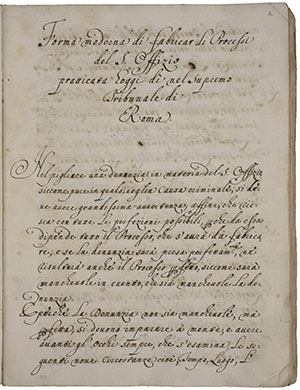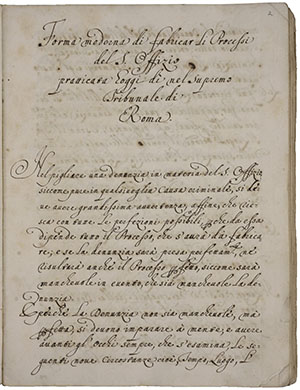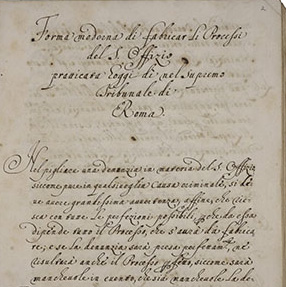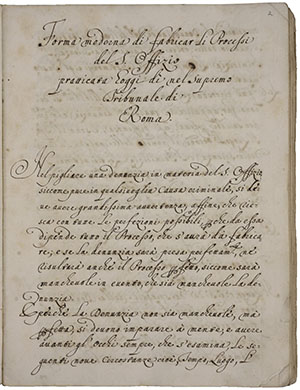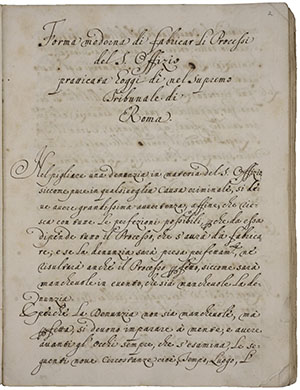
This lecture focuses on the orality of early modern Italian sermons seen through the lenses of Inquisition trials. Research on preachers' orality has usually been based on the sermons' printed editions, but most of them are unreliable in various respects, as the text was deeply transformed in the passage from pulpit to press. Inquisition sources offer an extraordinary and thus far neglected opportunity to recover the voice of early modern Italian preachers. A surprisingly high number of them were tried by the Holy Office of the Roman Inquisition for the words they had uttered from the pulpit. The inquisitors put an extraordinary effort into finding out exactly what the preachers had said when delivering their sermons. For many of these trials, the transcriptions of the witnesses' interrogations are still available, which opens up the possibility for a completely new approach to this field of research. In so doing, not only can we reconstruct the preachers' words, but we can also shed new light on the complex process by which a sermon was transformed from its oral to its written expression, and vice versa.
Stefano Dall'Aglio,University of Edinburgh, is a religious, political and social historian of Renaissance Italy. He has held fellowships at Villa I Tatti-The Harvard University Center for Italian Renaissance Studies, the Institut d'Histoire de la Réformation of Geneva, the Newberry Library of Chicago, the Medici Archive Project in Florence, and the USTC Project at the University of St Andrews. In the past four years he was research fellow at the University of Leeds in the ERC project Italian Voices—Oral Culture, Manuscript and Print in Early Modern Italy 1450-1700. He has published several books on political and religious dissent in Renaissance Florence and Italy, with a specific focus on the Italian preacher Girolamo Savonarola and sixteenth-century Savonarolism. His latest book, The Duke's Assassin. Exile and Death of Lorenzino de' Medici, was published by Yale University Press in 2015 and won the Helen and Howard R. Marraro Prize awarded by the American Historical Association.
